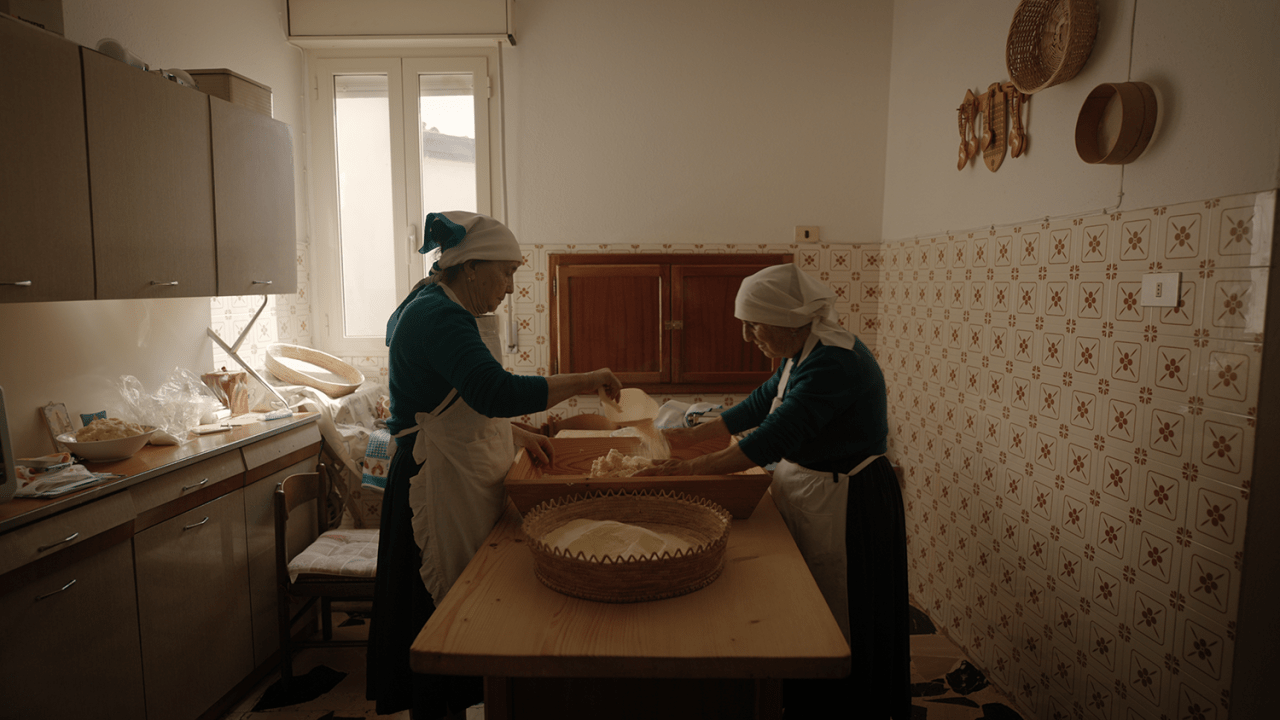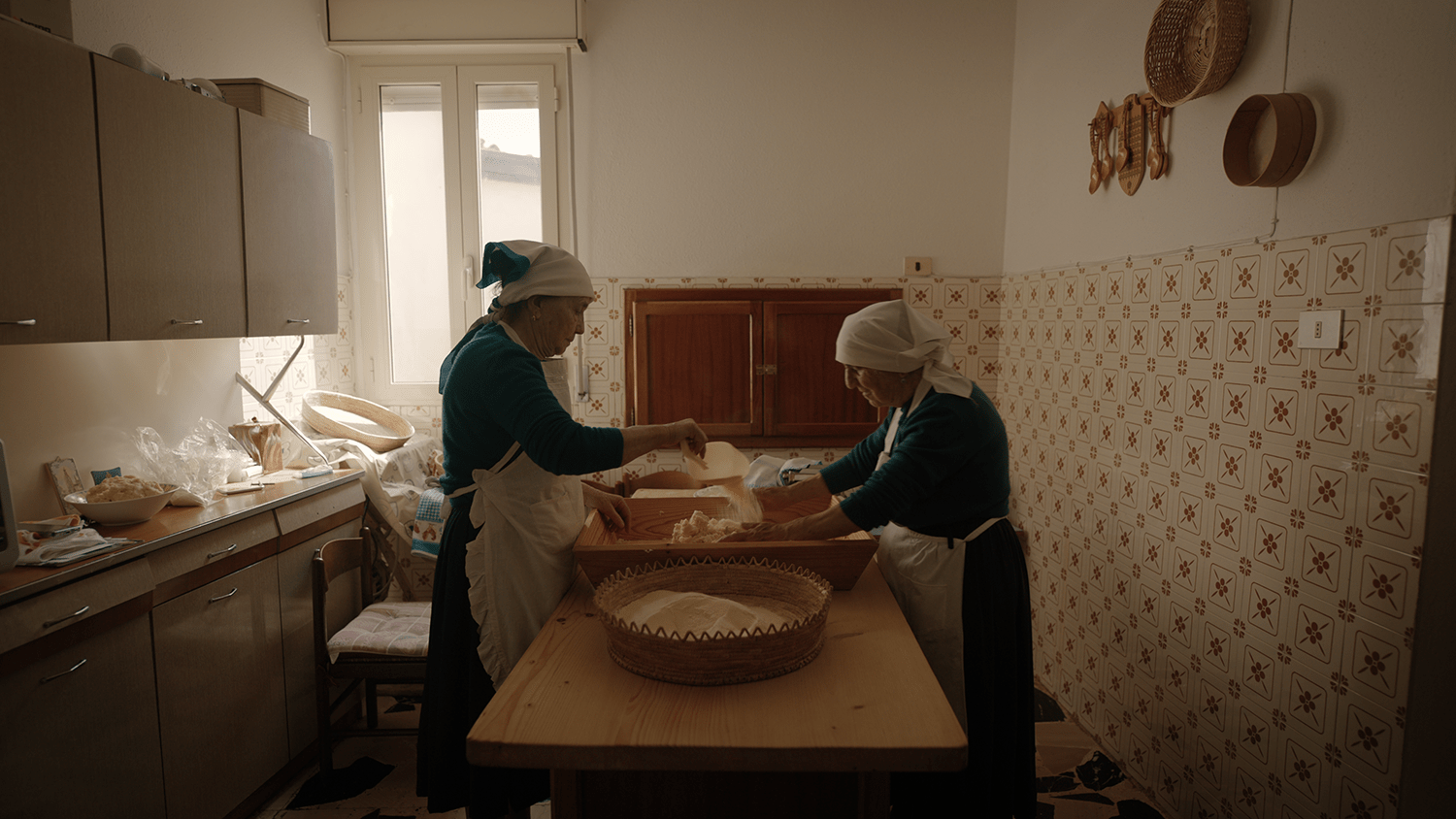Why is Australian MasterChef so much better than the English version? You’d think, with a population less than a third of ours, the smaller talent pool would make the Antipodean edition look like thin gruel. But a bit like with the cricket and the rugby, size clearly isn’t everything. UK MasterChef now resembles one of those joyless austerity dishes you cobble together from crusty leftovers you found languishing in the fridge. But the Aussie one has had my entire family addicted and yearning for more for the past fortnight.
I suppose it’s partly down to the way Australia sees itself. Probably this bears no resemblance to the way Australia actually is: the happy-go-lucky, put-another-shrimp-on-the-barbie-and-don’t-forget-the-Aerogard Oz of popular legend is as distant a memory as the England of long shadows on county grounds, the sound of leather on willow and warm beer. But if you based your opinion of Oz on its MasterChef, you’d want to emigrate there yesterday.
If you based your opinion of Oz on its MasterChef, you’d want to emigrate there yesterday
Everyone is happy – except when they think they’ve fluffed their slow-cooked duck (Robbie) or blown their beef rendang, which they’d expected to nail because they learned it in Bali and it was the dish that first got them into cooking (Cath). Those telegenic tears, however, are just an excuse for even sunnier outbreaks of communal happiness as the other contestants pile in for a group hug and words of sympathy. Why it’s a wonder that anyone ever gets to win on this show, given that everyone appears to be rooting for their competitors.
Sometimes the endless positivity can become a trifle exhausting. I particularly dread the elimination rounds where contestants have to put on the feared black apron and cook for their survival. They’re great for generating the ‘jeopardy’, obviously, that make shows like this so nail-biting. But the bit I can’t stand is when the potentially doomed chefs have to present their desperate fare to the panel, and judge Melissa Leong quizzes them like a primary-school headmistress, asking what they’ve learned from their experiences on the show. Apparently it’s not allowed to be just a TV cookery contest: it has to be testament to personal growth, sauced with cheesy homilies.
Still, it has to be admitted, the relentless – and distinctly unEnglish – bonhomie cannot help but lift the spirits. Even the judges have found the right balance between terrifying the contestants out of their wits (e.g. by assuming, as they taste, extravagant but ambiguous expressions which could mean either ‘I’m loving this’ or ‘I’m about to throw up’) and letting them down gently. When a dish fails – again we’re back at school here – the judges are keener to express sadness and empathy over wasted potential than they are horror that someone could have served them something quite this disgusting.
Unlike UK MasterChef’s Gregg Wallace – even his unnecessary extra ‘g’ is annoying – the Aussie MasterChef judges have tastes you can probably trust. Matey, hot sauce-addicted Andy Allen owns a chain of restaurants, while the scariest judge, Jock Zonfrillo, trained as a chef under Marco Pierre White and Gordon Ramsay. Zonfrillo has plenty of hinterland – from Young Scottish Chef of the Year to heroin addict to failed restaurateur to TV star. Or rather had. Sadly – it makes watching the bits where he talks about his young children especially painful when you know this – he died, just after recording the series, aged 46.
Of course, had he subsisted on a largely meat-free diet dominated by purple sweet potatoes and lived on a remote Japanese island he might still be with us today. Or so you might infer from the charming but slightly silly Netflix travelogue Live to 100: Secrets of the Blue Zones, in which American adventurer Dan Buettner visits various agreeable parts of the world while pretending to solve the mystery of longevity. A ‘blue zone’ is the term for regions where there is an anomalously high concentration of centenarians.
The secret, it turns out, varies depending on which one you visit: Okinawa, Costa Rica, Ikaria in Greece, Loma Linda in California or Sardinia. On Okinawa, for example, key ingredients include those purple sweet potatoes, a hobby (such as playing, and ideally making, stringed instruments) and gratitude at having not been one of the thousands on the island who died hideously or committed suicide in the second world war. In Sardinia, it entails living in a mountain town so precipitous that every day you walk the equivalent of a mega session on the inclined treadmill in the gym. I think if that’s the choice, I’ll happily skip those extra last decades.








Comments